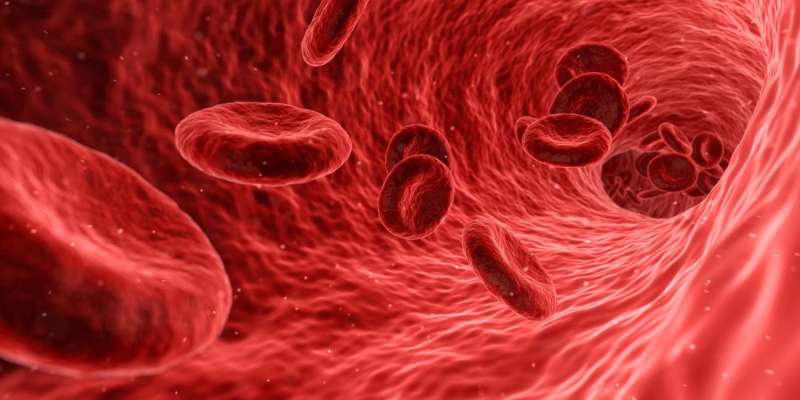Percutaneous coronary intervention is a well-justified option in severe coronary artery disease

The treatment of left main coronary artery disease by percutaneous coronary intervention is associated with a smaller risk of severe cardiovascular events than coronary artery bypass grafting in the weeks following surgery. A meta-analysis of several trials and nearly 5,000 patients revealed no differences in mortality between the two treatments. The finding is significant when it comes to selecting the form of treatment: Percutaneous coronary intervention is less burdensome for the patient, as it does not require long-term hospitalisation and offers quick recovery.
The prognosis of left main coronary artery disease is worse than in any other form of coronary artery disease. The treatment options include percutaneous coronary intervention and coronary artery bypass grafting. In European and American treatment guidelines, coronary artery bypass grafting is generally regarded as the first-line treatment for severe left main coronary artery disease. However, some studies have suggested that percutaneous coronary intervention with a drug-releasing stent implant could also be a viable course of treatment for the severe form of the disease, but the evidence has been inconsistent.
A new study by investigators from the University of Eastern Finland and Oulu University Hospital compared percutaneous coronary intervention with drug-releasing stent implantation and coronary artery bypass grafting in the treatment of left main coronary artery disease. The authors pooled evidence from six randomised, controlled trials involving 4,700 people.
The researchers analysed all available randomized studies among patients who had undergone percutaneous coronary intervention or coronary artery bypass grafting, comparing their risk of all-cause mortality, major adverse cardiac and cerebrovascular events, and other cardiovascular events at 30 days, one year and three years after surgery. There were no differences between the treatments as regards the risk of death, or cardiac or cerebrovascular events. Percutaneous coronary intervention patients needed repetitive interventions more often over the years.
According to the researchers, the findings suggest that percutaneous coronary intervention with drug-releasing stent implantation should be more frequently considered as a treatment option for patients suffering from left main coronary artery disease. There are no differences in mortality between patients of percutaneous coronary intervention and patients undergoing coronary artery bypass grafting, and as percutaneous coronary intervention is less burdensome on the patient both from the viewpoint of quality of life and functional capacity, it is an option worth considering.
The results of the meta-analysis were published in Open Heart.
More information: Laukkanen JA, et al. Open Heart 2017;0:e000638. DOI: 10.1136/openhrt-2017-000638




















